
Not everyone loses all of their milk teeth or baby teeth!
Baby teeth are the first set of teeth a person gets, also known as deciduous, temporary, or primary teeth.
Sometimes these baby teeth do not fall out and remain until adulthood. Still, having baby teeth is usually expected and depends on the patient’s individual situation. Read more to know why this occurs and what you can do to treat adult baby teeth.
What are adult baby teeth?
For most kids, all their baby teeth will fall out by early adolescence and be replaced by permanent teeth. By age 21, all permanent teeth will be formed in the mouth. Occasionally, some baby teeth never fall out and cannot be replaced by adult teeth. These teeth are called “retained teeth.” Though they are generally harmless, they can cause some dental issues.
Why can baby teeth remain?
The most common reason for retaining baby teeth in adults is that they don’t have permanent teeth to replace the baby teeth. Many circumstances affect the development of teeth. The following dental conditions might also be a cause of having milk teeth in adulthood:
- Hyperdontia, or extra teeth – there is not enough space for permanent teeth to erupt.
- Hypodontia, means one to five permanent teeth are missing.
- Oligodontia means six or more permanent teeth are missing.
- Anodontia, where the majority or all of the permanent teeth are missing.
However, even if a permanent tooth exists, it might not erupt. There are several external factors involved in this, including:
- Ankylosis is a rare condition that causes the teeth to fuse to the bone and become immobile.
- Genetics, such as family history can affect tooth development and cause incomplete tooth penetration.
- Mouth infection or trauma can affect tooth development.
- Other diseases, such as ectodermal dysplasia and endocrine abnormalities, can cause tooth development issues.
Possible problems caused by adult baby teeth
The main risk of leaving untreated adult baby teeth for a long time can cause problems in tooth development. Which are,
- Infraocclusion may irritate the gums and prevent the adult teeth from erupting.
- Occlusal trauma – While the baby teeth remain fixed, the teeth next to them continue to erupt.
- Diastema – refers to a gap and space between the teeth.
How are adults’ baby teeth treated?
If an adult still has baby teeth and the replacement teeth are missing, they can retain them or even have them extracted.
A person may have some treatment if they keep their baby teeth. It involves providing the baby teeth crown with a molded cap.
However, if there are issues with the teeth or any concern about your teeth, some medication may be required, such as,
1) Orthodontics surgery
It is also called jaw surgery to fix your upper and/or lower jawline when they don’t line up.
2) Tooth extraction
In some cases, the retained baby teeth should be extracted for two leading causes. First, if there is severe crowding that impedes the strengthening of the teeth. The other cause happens when the baby tooth cannot hold its position due to weakness.
3) Space closure
Sometimes, baby teeth need to be removed if the crowding is severe. Especially with dental implants, removal without a permanent replacement can cause serious complications in the future.
4) Replacement
If your adult baby teeth are significantly weakened, replacement may be mandatory.
What should I do if, as an adult, I still have baby teeth?
It depends on your condition. It may be better to keep your baby teeth if they are still structurally, functionally, and aesthetically stable. It is always best to consult your dentist; he will monitor your teeth’ condition and ensure they remain healthy and strong. However, additional treatment can be beneficial if there is any issue with the tooth or concerns about your oral health in the future.
Feel free to call us and make an appointment if you have any concerns about your adult baby teeth.

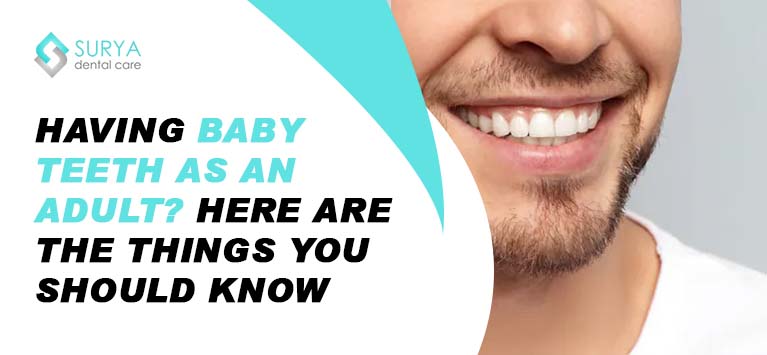

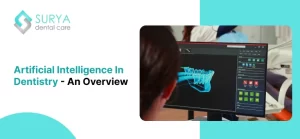
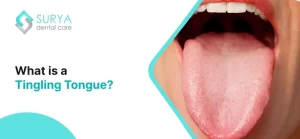
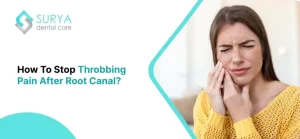


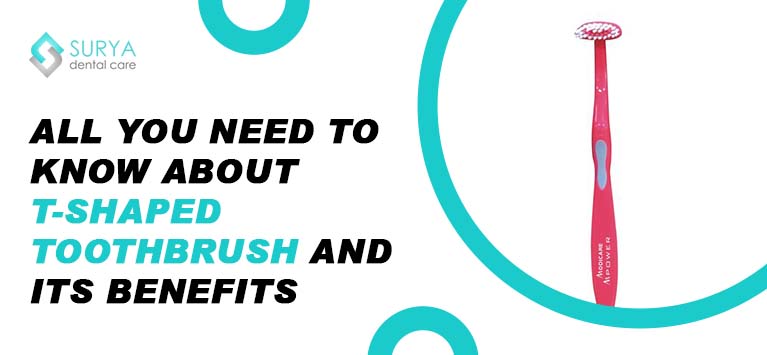
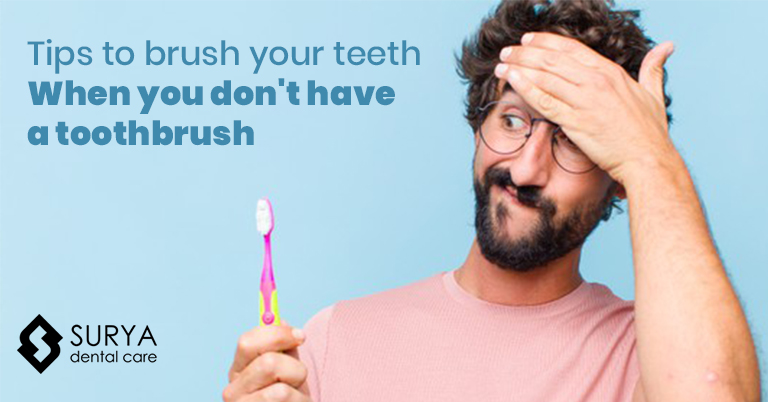
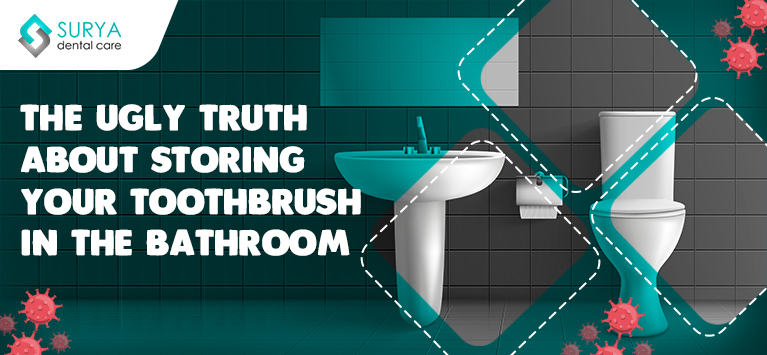
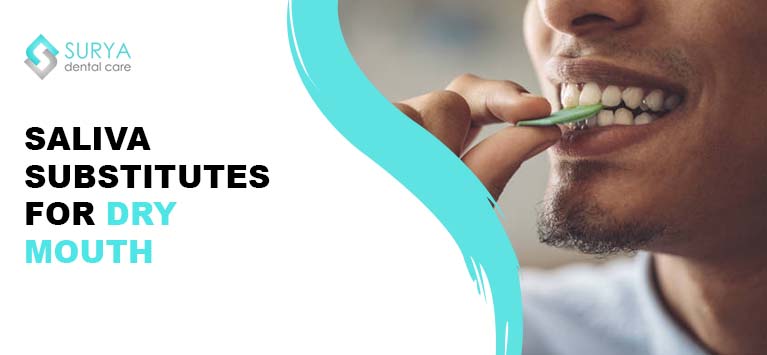
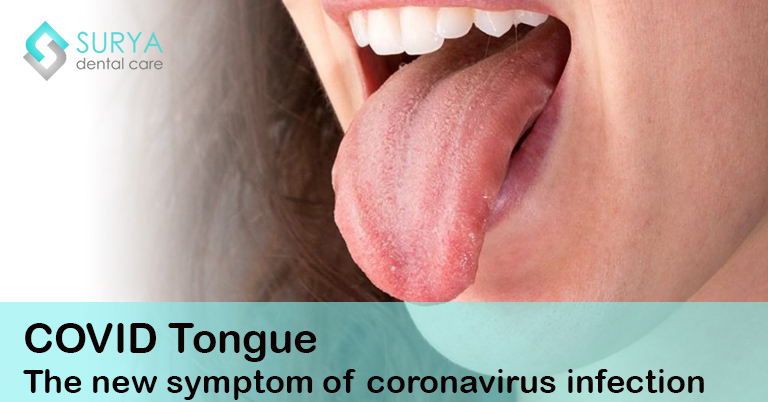
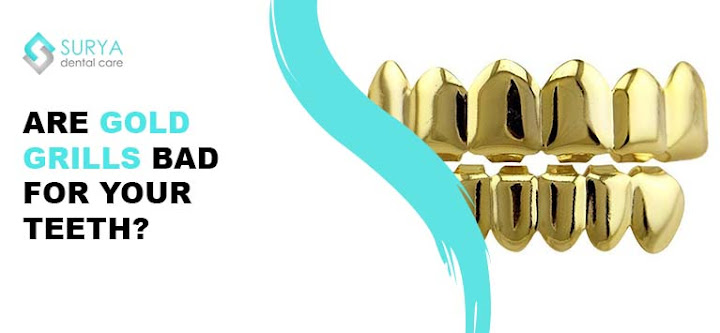

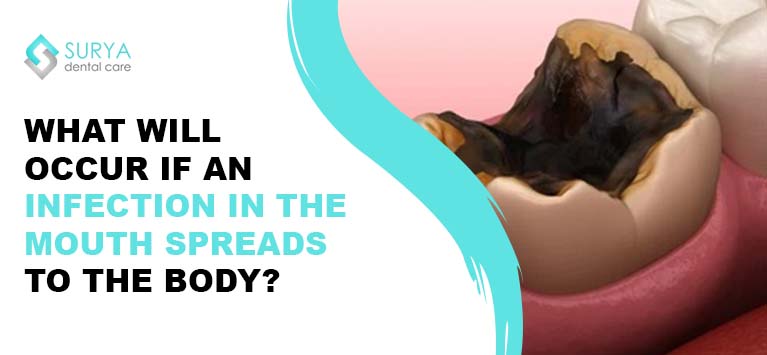

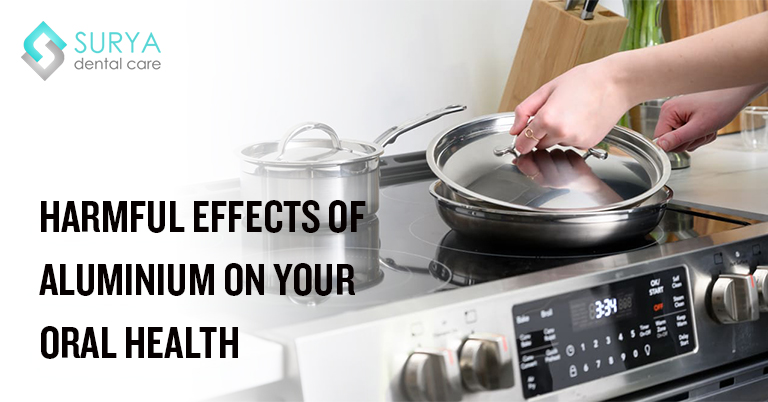
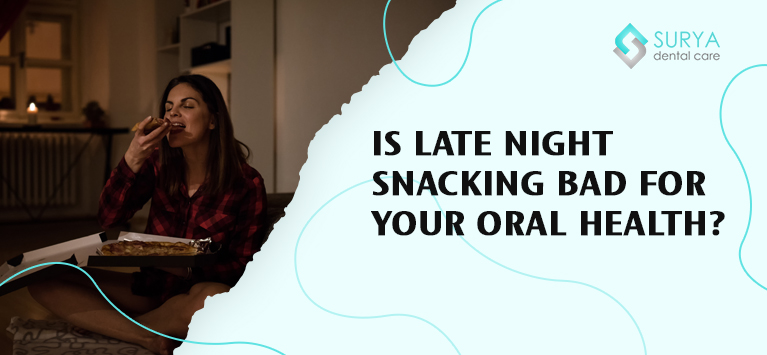
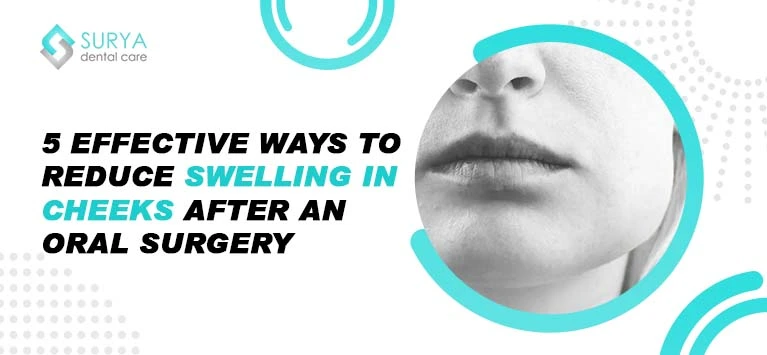
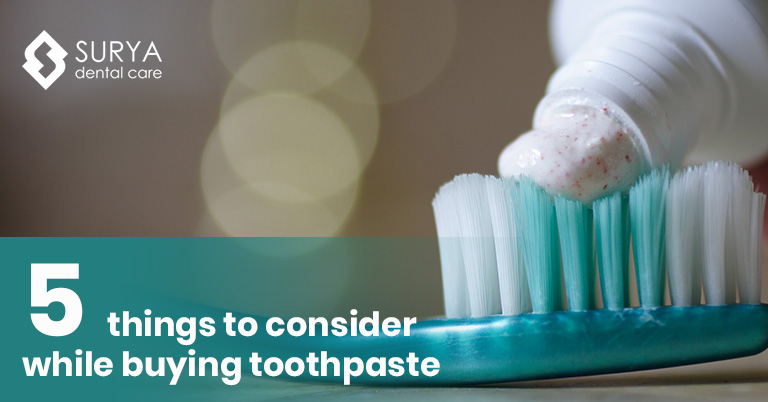


Leave a Comment